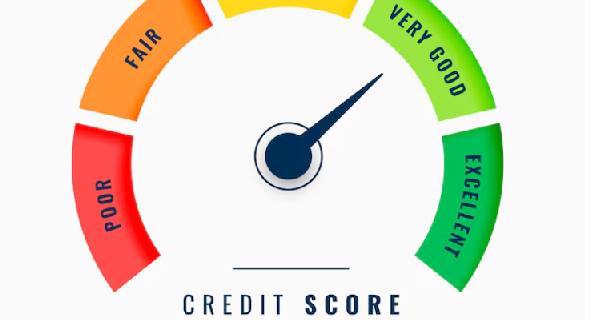Strategies to Improve Your CIBIL Score : Your CIBIL score significantly influences the approval or denial of your credit applications. A strong credit score (Strategies to Improve Your CIBIL Score) makes it easier to secure loans and credit cards, often with lower interest rates and additional perks. On the other hand, a low CIBIL score (600 or below) can present substantial obstacles, as lenders are more likely to reject your application or offer credit with higher interest rates.
7 Strategies to Improve Your CIBIL Score
Improving your CIBIL score demands consistent effort and adherence to certain practices that enhance your creditworthiness. Here are some key strategies to help you elevate your score and increase your access to credit opportunities.
1. Make Timely Loan EMI Payments
One of the most critical factors in maintaining a healthy credit score is the timely payment of loan EMIs. Late or missed payments not only result in penalties but also negatively impact your credit rating. To avoid delays, consider setting up reminders or automating your payments through Standing Instructions (SI).
2. Pay Off Credit Card Bills on Time
Ensure that you pay your credit card bills by the due date to avoid harming your CIBIL score. Frequent non-payments or defaults can significantly reduce your score. If paying the entire bill isn’t possible, at least cover the minimum due amount to prevent negative entries on your credit report.
3. Regularly Check and Correct Your CIBIL Report
It’s essential to periodically review your CIBIL report for errors that could be dragging down your score. Mistakes like incorrect personal details, account information, or overdue amounts can be disputed and corrected through the CIBIL grievance process, potentially improving your score.
4. Avoid Multiple Credit Applications
Refrain from submitting several credit applications within a short timeframe, as each application triggers a hard inquiry on your credit report. Multiple inquiries can suggest financial instability to lenders, leading to a lower score. Research thoroughly and apply to only one lender after careful consideration.
5. Opt for a Secured Credit Card
If past defaults have impacted your credit history, consider getting a secured credit card backed by a fixed deposit. Secured cards are often easier to obtain, and responsible usage—such as timely payments—can help rebuild your credit score over time.
6. Keep Older Credit Card Accounts Open
Even if you no longer actively use an older credit card, keeping the account open can benefit your credit score. A longer credit history and consistent payment record positively influence your creditworthiness, supporting future credit applications.
7. Monitor Co-Signed or Joint Loan Accounts
If you’ve co-signed or guaranteed a loan, it’s crucial to monitor the repayment status. Any missed or delayed payments by the primary borrower can negatively affect both their and your credit scores. Stay in communication with the borrower to ensure timely repayments.
Improving your CIBIL score requires patience and persistence, but by following these strategies, you can gradually enhance your credit profile and increase your chances of securing favorable credit terms in the future.


